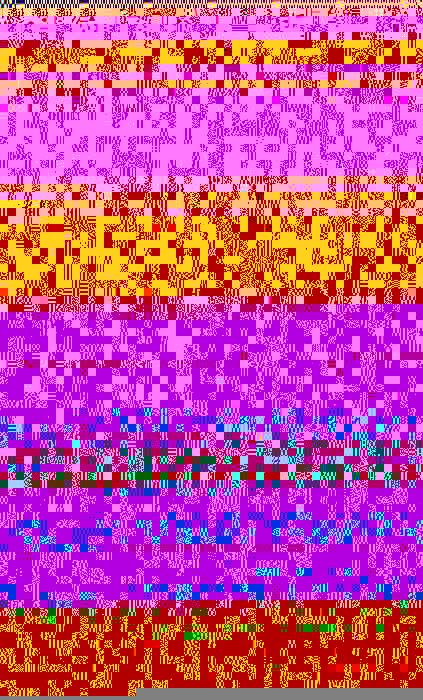
Sofort lieferbar (Download)
This book argues that the sudden decline of old rural vernaculars - such as French patois, Italian dialects, and the Irish language - caused these languages to become the objects of powerful longings and projections that were formative of modernist writing. Sean O Riordain in Ireland and Pier Paolo Pasolini in Italy reshaped minor languages to use as private idioms of poetry; the revivalist conception of Irish as a lost, perfect language deeply affected the work of James Joyce; the disappearing dialects of northern France seemed to Marcel Proust to offer an escape from time itself. Drawing on a broad range of linguistic and cultural examples to present a major reevaluation of the origins and meaning of European literary modernism, Barry McCrea shows how the vanishing languages of the European countryside influenced metropolitan literary culture in fundamental ways.
Produktdetails
Erscheinungsdatum
28. April 2015
Sprache
englisch
Seitenanzahl
200
Dateigröße
0,42 MB
Autor/Autorin
Barry McCrea
Verlag/Hersteller
Kopierschutz
mit Wasserzeichen versehen
Family Sharing
Ja
Produktart
EBOOK
Dateiformat
PDF
ISBN
9780300190564
Entdecken Sie mehr
Bewertungen
0 Bewertungen
Es wurden noch keine Bewertungen abgegeben. Schreiben Sie die erste Bewertung zu "Languages of the Night" und helfen Sie damit anderen bei der Kaufentscheidung.









